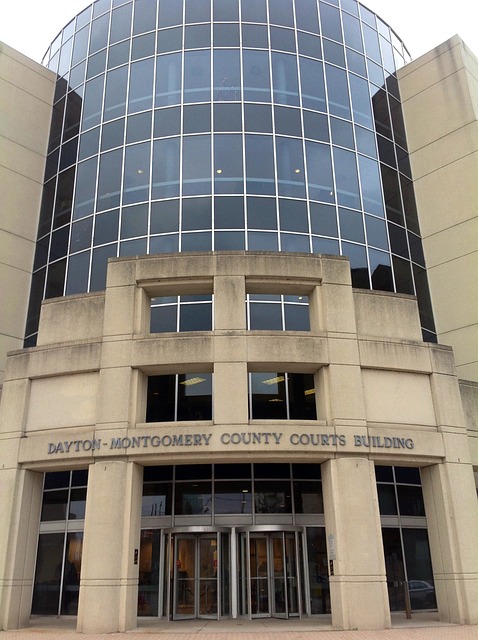Oregon probate basics involve a complex legal process, initiated by filing a petition at the county court, for distributing a deceased's estate based on their will or state laws. This lengthy (several months) procedure includes identifying assets, paying debts, and following specific legal procedures. Seeking guidance from experienced professionals like attorneys specializing in Oregon estate law is crucial for navigating this intricate landscape. Understanding Oregon probate basics ensures fairness, orderliness, and active participation by all parties involved in managing the deceased's assets and transferring ownership to designated heirs or charities.
Understanding your role in Oregon probate is crucial for navigating this complex legal process. This comprehensive guide delves into the fundamentals of Oregon probate basics and estate law, equipping you with the knowledge to exercise your rights and responsibilities effectively. From unraveling the intricacies of Oregon’s probate laws to following a step-by-step guide through the probate process, this article serves as your introduction to managing an Oregon estate smoothly.
- Oregon Probate Basics: Unraveling the Legal Process
- Navigating Oregon Estate Law: Rights and Responsibilities
- The Probate Process in Oregon: Step-by-Step Guide
Oregon Probate Basics: Unraveling the Legal Process

Oregon probate basics involve a complex legal process that navigates the distribution of a deceased individual’s estate according to their wishes, or in the absence of a will, state laws dictate the division. Understanding Oregon probate law is crucial for anyone considering their role in this procedure. The first step begins with filing a petition at the appropriate county court, initiating the official administration of the estate. This includes identifying and valuing all assets, paying debts and taxes, and ultimately distributing the remaining property to the beneficiaries named in the will or, if there is none, as per Oregon’s intestate succession laws.
The probate process in Oregon can be lengthy, often taking several months to complete, depending on the complexity of the estate. It requires careful attention to detail and adherence to specific legal procedures. As such, it’s essential to seek guidance from experienced professionals, like attorneys specializing in Oregon estate law, who can ensure compliance with local laws and help individuals navigate this intricate landscape successfully.
Navigating Oregon Estate Law: Rights and Responsibilities

Navigating Oregon Estate Law is a crucial step in the probate process Oregon residents often face upon the passing of a loved one. Understanding your rights and responsibilities under Oregon probate basics is essential, as it can significantly impact the distribution of the deceased’s estate. The state’s probate law Oregon is designed to ensure fairness and orderliness in managing these affairs.
The introduction to Oregon probate provides a framework for all involved parties, from beneficiaries to executors, to follow. This process involves several key elements, including identifying and valuing assets, paying off debts and taxes, and ultimately transferring ownership of the estate to designated heirs or charitable organizations. Knowing your place in this symphony of legal procedures is vital, as it allows you to actively participate in and protect the interests of all concerned during what can be a challenging time.
The Probate Process in Oregon: Step-by-Step Guide

In Oregon, the probate process is a legal procedure that manages and distributes a deceased individual’s estate according to their will or state law. It begins with the filing of a petition at the local circuit court, establishing the validity of the will and appointing an executor (the person responsible for administering the estate). Once appointed, the executor identifies and inventories all assets, pays outstanding debts, and prepares tax returns. This stage is crucial in ensuring the fairness and legality of the distribution process.
The next step involves notice to potential heirs and beneficiaries, allowing them to voice any objections or concerns. After this period, the executor distributes the estate according to the will’s provisions. Throughout this process, Oregon probate law guides every action, ensuring that all legal requirements are met. It’s essential to understand these basics of Oregon probate to navigate the system effectively and fulfill one’s responsibilities as an executor or heir.
